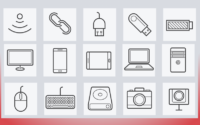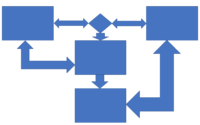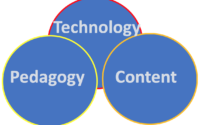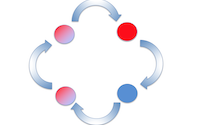
Student Perceptions of the Use of Multimedia for Online Course Communication
A great deal of research exists in the use of multimedia communications in online classrooms as a means of furthering student engagement. However, little research exists that examines the perceptions of students when such technologies are used. Additionally, it is unclear that students are likely to engage in the use of such technologies when available. […]















